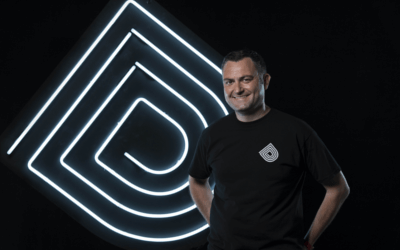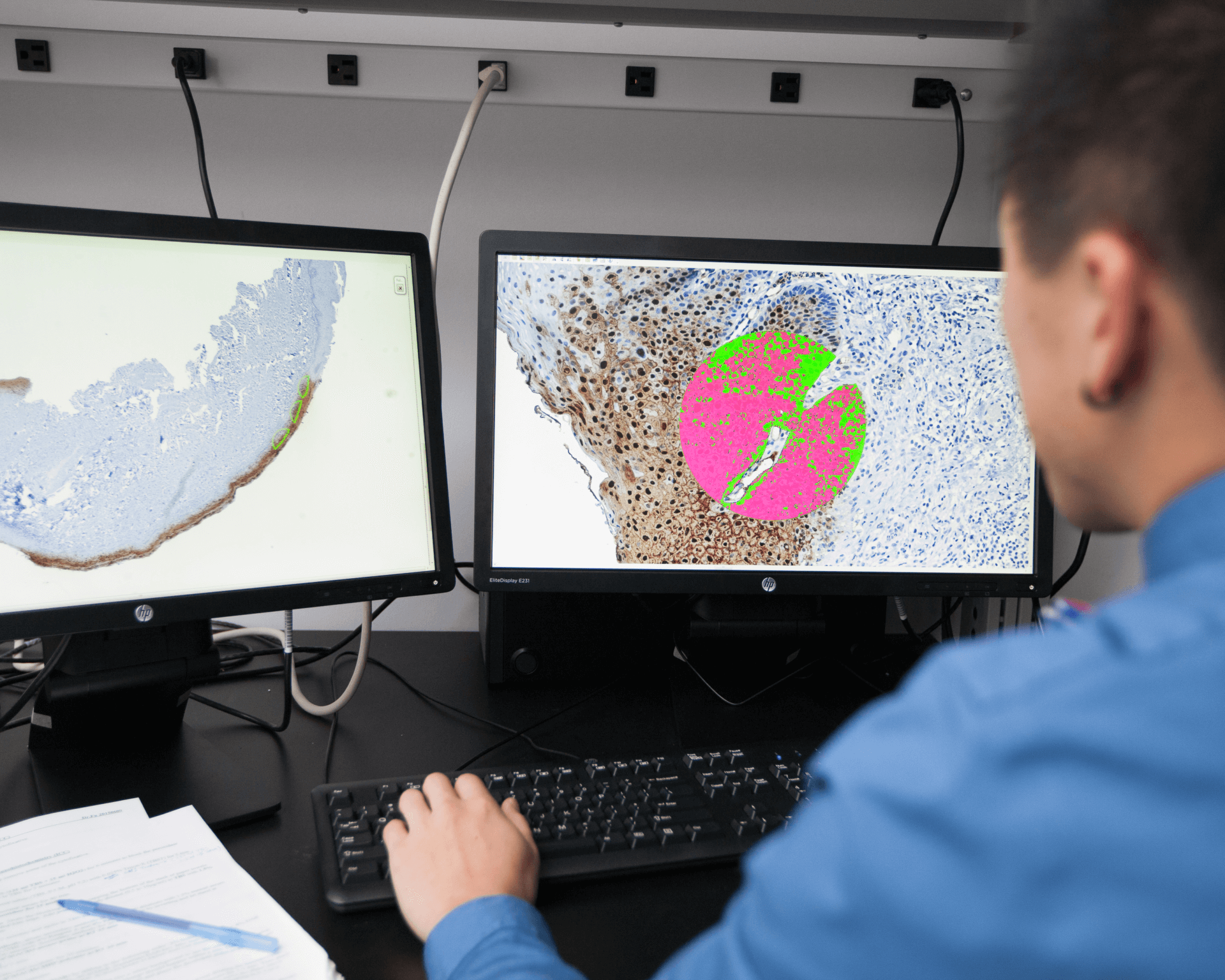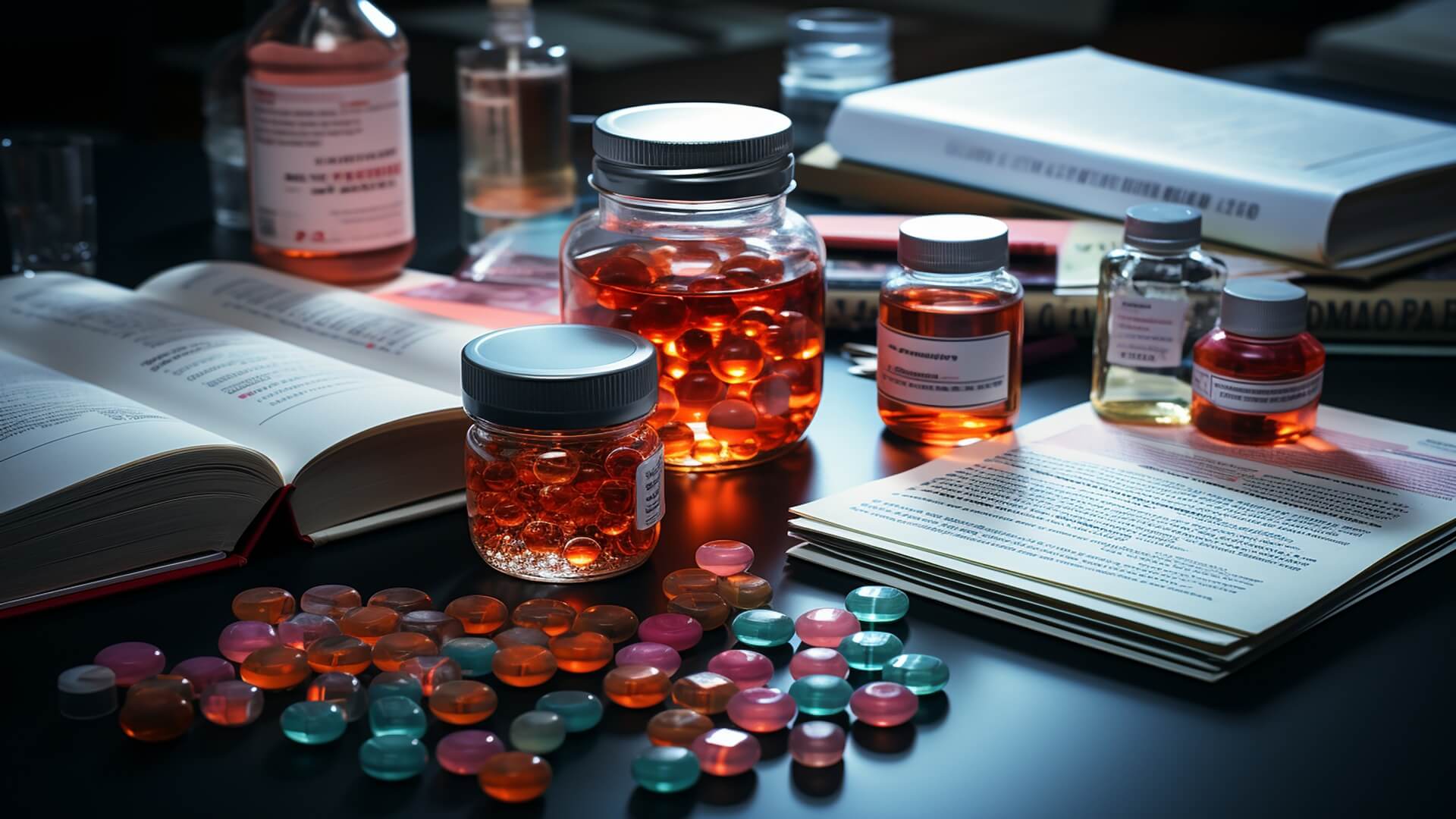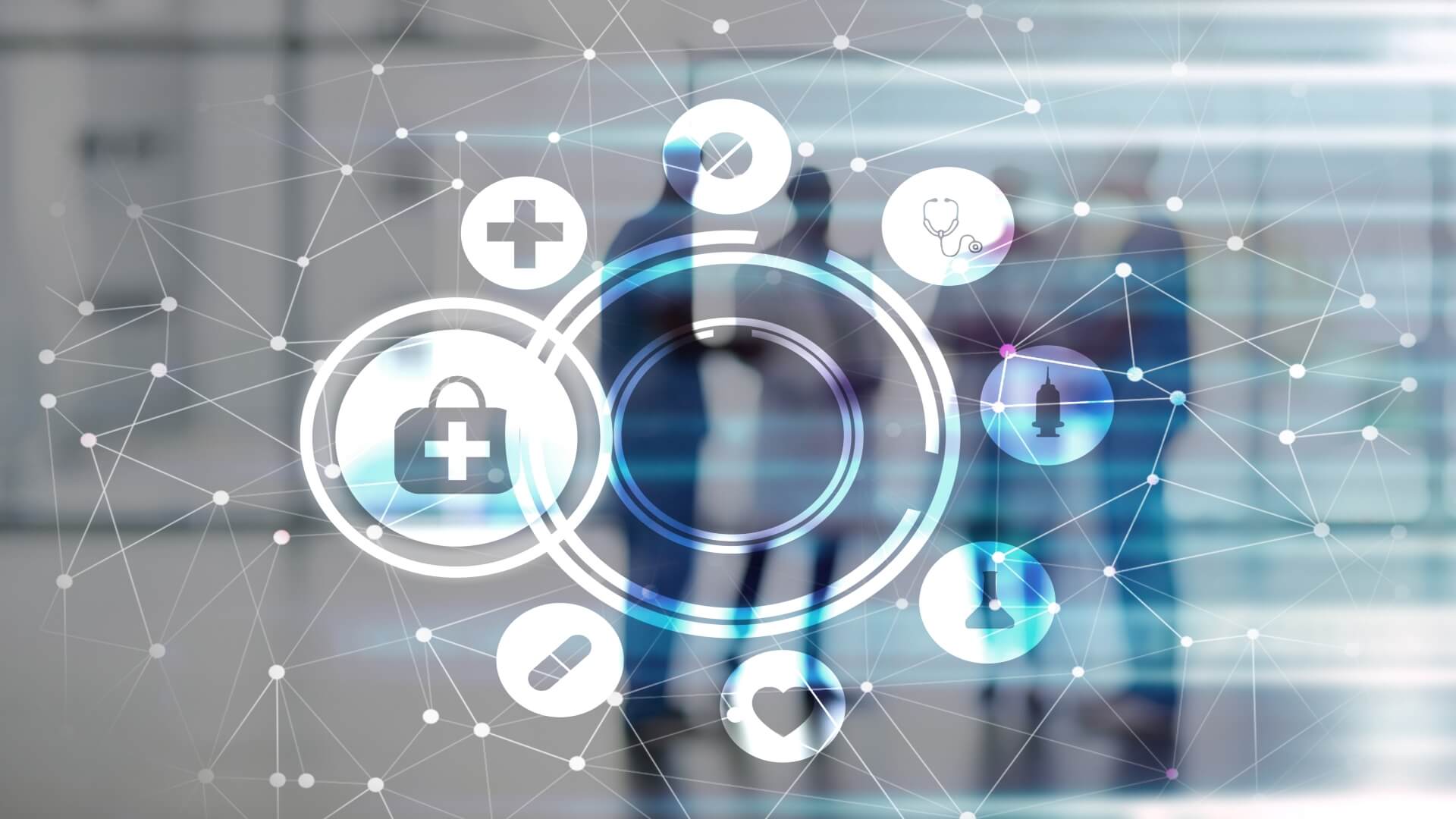
The Importance of Hyper-Convenience
Eren Ozagir is the CEO and founder of Push Doctor, he provides his opinion on the importance of Hyper-Convenience.
Time waits for no man. And while the proverb was undoubtedly true when it was coined hundreds of years ago, it is no less pertinent in an increasingly impatient age when technology has made people’s expectations ever more immediate. Send a friend or relative overseas a letter that could take weeks to arrive? Now we have FaceTime. Struggling to fit your weekly food shop among your professional and social commitments? Schedule an online delivery to your door with the minimum of fuss. Not to mention the millions of other apps we use on a daily basis that make our lives that much easier, yet have become so ingrained in our daily routine we barely even notice them.
Yet while you can order any takeaway your heart desires within seconds, keeping on top of your health can seem like an analogue task to tick off in a digital era ‘ the Russian roulette of actually getting through to your GP’s reception desk to make an appointment in the first place; the hours spent out of the office travelling to and from the only (awkwardly inconvenient) consultation you could secure. The temptation can be to turn to Google for a swift self-diagnosis; a dangerously unreliable route that rarely provides satisfactory answers and, in the most extreme cases, can leave patients even more concerned than they were to begin with.
So what if there was a different way? One that blended modern technology and the hyper-convenience that can provide, with the reassurance that you are speaking to a qualified medical professional you can see and hear? Digital healthcare is only touching the surface in terms of its potential, but in the here and now Push Doctor offers an online consultation service that slots seamlessly into strict schedules. Appointments can be booked instantly and are available over a timeframe more suited to modern life ‘ 6am until 11pm, 365 days a year ‘ meaning employers are just as likely to rejoice as time-pressed patients. Prescriptions can be sent to local pharmacies the same day, and sick notes and referrals are also conveniently provided where necessary. With access available from any web, iOS or Android device, the help you need is only minutes away, available from the comfort of your own home (or a private meeting room at work).
It’s not just patients and their bosses who can revel in the hyper-convenience afforded by digital health provision either; it can help massively ease the burden on overwhelmed GPs too by reducing the size of the queues in their waiting rooms. With more than 95% of patients getting their cases resolved after just one online consultation, there isn’t the need for time-consuming face-to-face follow-up appointments either. The longer opening hours and more modern ways of working give practitioners more flexibility too; they can give much-needed medical advice at 10am on a Sunday or 11pm on a Monday; suiting the almost three-fifths of our users accessing the service out of traditional hours while also being able to work flexibly in a way that suit’s their own needs too. Online appointments already solve geographical issues in a single keystroke and they could be set to do the same for doctors’ diaries too.
As with any concept that disrupts the traditional status quo ‘ and despite the hundreds of thousands of happy patients ‘ there is bound to be some curiosity about a service that threatens to turn conventional wisdom on its head. With digital health provision, that seems to centre chiefly on the fact that consultations take place through a device screen rather than face-to-face. Our video consultations are encrypted, meaning your details are kept fully safe, secure and confidential at all times. We are also independently regulated by the Care Quality Commission, meaning we are subject to the same rigorous standards your local GP is. Given we only work with GMC-registered and NHS trained doctors with prior experience in public or private clinics (or both), the only difference is the channel the guidance is delivered through and the benefits of additional technology which support both patient and doctor.
Such fear of change was visible in other industries disrupted by modern technology that has now become second nature. Banking was once a sector riddled with the inefficiencies that plague healthcare, but one that has been improved no end by the efficient use of online banking (goodbye queuing in branch) and instant electronic payments. Even what some people view as the most stressful undertaking in life ‘ buying a house ‘ has been streamlined through the use of online property portals to identify the dream home and comparison sites and digital brokerages to find the most suitable finance for your individual needs. Sometimes people don’t realise how broken a market is until the perfect solution materialises to provide a remedy.
Although we’ve found that patients of all ages have used our service, it is probably a fair assumption to say that younger generations (18-45) may feel more comfortable using online consultations. Neatly, it is also this demographic that need them the most and are least likely to get round to booking a face-to-face appointment, citing the very inconvenience that digital health platforms can hopefully consign to the archives. Younger patients are also increasingly demanding about being able to actively manage and take control of their health, as well as combining health and wellbeing services which they can access with Push Doctor in one place. That said, online consultations have proved just as useful for silver surfers at the other end of the spectrum, and particularly for patients for whom a trip to the GP is fraught with logistical difficulties due to mobility issues.
Patients are already waiting almost two weeks to see a doctor, a scenario that doesn’t fit the hyper-convenience model, or make for a sustainable long-term situation as a growing population places further strain on demand. Online consultations can help on both fronts ‘ giving people immediate access to medical advice and easing the burden on the existing system to meet demand; a genuinely futureproof solution. Just what the doctor ordered.

















